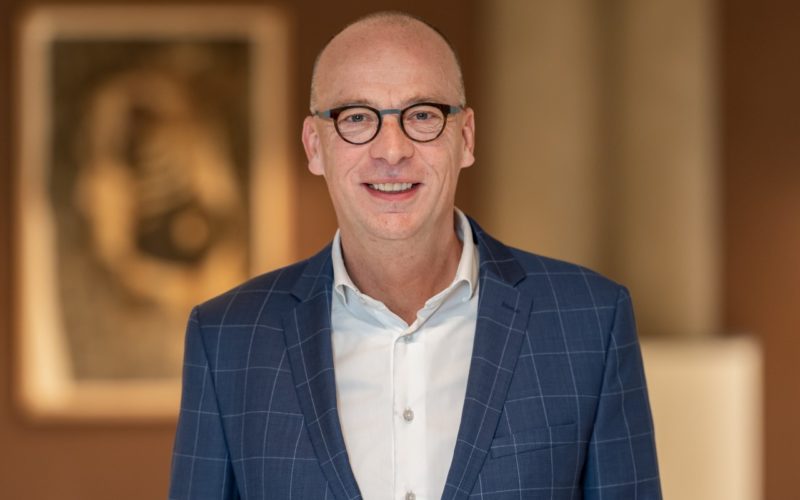The largest hurdle is to recognize the sustainability issues or bottlenecks that are most likely to impact the organization and its position towards environmental and community concerns. A strong understanding of the current value chain and all underlying processes is required, yet needs to be combined with a critical eye, high analytical skills and clear commitment on improvement. The subject is often complex, involving internal and external stakeholders to draw up the entire value chain. When organizations aren’t capable of creating an understanding of the key issues at hand, it prevents them from bringing focus on the right efforts of problem solving. From there, one of the solutions that will arise is to stop businesses and activities that simply aren’t sustainable. This change effects both internal and external stakeholders drastically. Big cuts in operations, immediate replacement of processes, different commercial policies, new suppliers – examples of short run impact for long run concerns. It’s this short-term vs long term perspective that’s challenging to manage and follow, for the simple reason that in most cases there’s nothing wrong with doing it the way you’ve always done it. It’s the long-term impact that makes alarm bells ring. An organization needs to be truly invested in the long-term strategy, including well examined business cases for planning and speed of implementation, in order to push through these types of decisions.
The solution of Sustainability
First things first – sustainability must be a top priority across the entire organizations, with a firm belief in the long-term focus and strong efforts for sustainable value creation on economic, social and environmental level. From board to operations, all should take responsibility in these matters. There are many approaches to follow. We see organizations making the sustainability strategy part of the corporate risk management, including sustainability targets in bonus setting throughout the organization. There are great examples of external advisory boards, appointed to challenge and consult the organization on each level.
If not, no attempt to become more sustainable will ever succeed. The solution for defining what to do where and how better or what to stop doing lies in the right set of skills and competences. The decision makers, the sustainable transformers, the leaders in this topic – get yourselves the best on board that match your business strategy and overall goals. Give them access to all data and insights across the value chain to create an extensive overview that allows for key sustainability issues to be identified. Invest in a knowledgeable project team to do so, for the simple reason that this is a job you need your experts on. To challenge processes, procedures and policies, define bottlenecks and design solutions – you need sustainability experts. From there change programs, clear targets and key performance indicators follow that allow you to reach the ultimate goal: stop unsustainable business as soon as possible. Organizations that managed to truly understand their core sustainability issues, have been able to substantiate their innovation and create change that significantly improves societal and environmental contribution without negatively impacting economic value. In fact, most of the time organization experience unexpected economical value when doing this right.
Core Competencies
As we’re dealing with a long-term project, planning and organizing competencies are important to ensure ongoing developments. Sustainability decisions are strongly related to business risk, while the time scope of the sustainability strategy is often beyond regular payback periods. The ability to oversee this tension field and translate future ambitions to current state of affairs is key for proper decision making and project planning.
Professionals dedicated to sustainability need to have well defined communication skills. They should be able to get tough messages across, challenge people from different disciplines and manage stakeholders in such a way that they understand the importance and stay committed.
Finally, it takes guts and someone fighting for it with a large quantity of perseverance. Change agents within the organization should be able to point executives on their ownership of sustainability efforts on a larger scale, continuously focusing on the need for change today. This requires patience, tenacity and a solid believe in the cause.
To support you in assessing these competences during interview or evaluation processes, we have developed some easy to use tools including example areas to explore and example questions to ask regarding considering the competence Communication, Perseverance and Planning & Organizing
In the year 2020, organizations across all markets also (must) have covered “Digital Transformation” as one of their key strategic agenda topics. Read more here!




